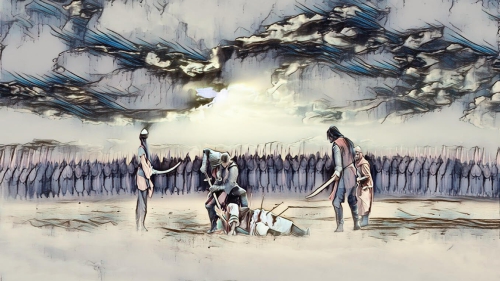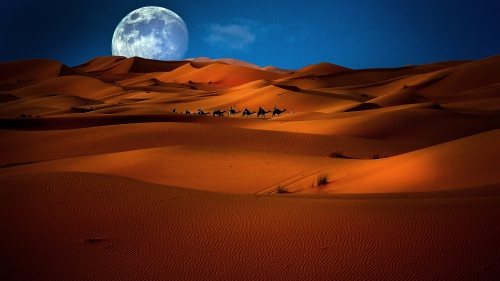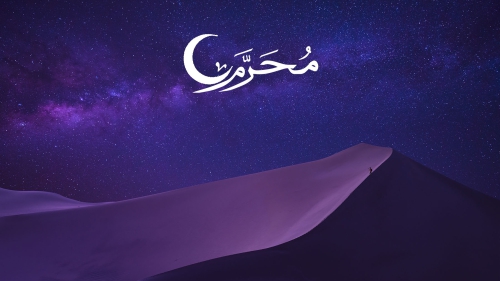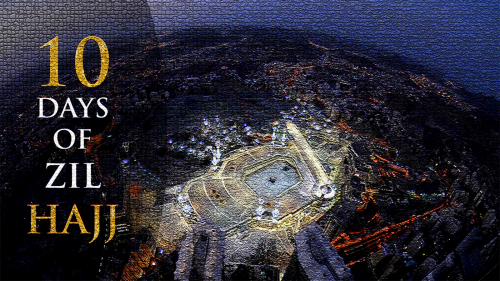Why All Epochal Calendars Are Religious

A sign on a synagogue bulletin board states: Under the same management for over 5,782 years. The oldest of the world's religious epochal calendars is the Jewish calendar, which on September 7, 2021 started the new year 5,782. The youngest of the world's epochal calendars is the Muslim calendar at 1,443.
For more than 1,000 years all the world's major calendars have included the year as well as the month and day. This seems normal to us but for most of recorded history calendars only recorded the month and day. The year was counted from the start of a king's or a dynasty's rule. When a new king or dynasty came along, a new count was started again.
Only major religions that last for very many centuries can produce an epochal calendar that can outlast political states and empires. Thus, all the world's major calendars today are based on a religious epoch.
Christians know their calendar starts its epoch from the birth of Jesus. Muslims know their calendar begins its epoch with the Hijrah (departure) of Prophet Muhammad from Makka to Medina. Buddhists know that their epochal calendar starts with the enlightenment of Siddhartha under a Bodhi tree.
But most Jews would be hard pressed to explain what happened 5,782 years ago to begin the Jewish calendar.
By analogy to the Christian, Muslim, or Buddhist calendars one might expect that the Jewish calendar starts with the birth of Prophet Abraham or Sarah (the first Hebrews), or from the Exodus from Egypt (the trans-formative experience of the Jewish people), or from the giving of the Torah at Mount Sinai (the enlightenment of the Jewish people).
But the second century Rabbis who made up the calendar Jews currently use, chose to begin the Jewish calendar with Adam and Eve i.e. the beginning of human written history and civilization.
The word Adam in Hebrew means mankind/Homo Sapiens-- the species. The exit of Adam and Eve from the Garden of Eden symbolizes the transition of humanity from a largely nomadic/neolithic stone age society of hunter-gatherers to a more advanced metal working bronze age society of farmers and village dwellers.
By starting the Jewish calendar with a historical transition that would eventually have a universal impact on all of human society, the second century rabbis who made up the current Jewish calendar followed the lead of the Torah which begins not with Judaism; but with urban civilization and recorded history.
All historical dates that are derived from written records will fit into the Jewish calendar. The earliest writing is from the Mesopotamian city of Uruk (Genesis 10:10) and dates to about 5,500 years ago i.e. the third century of the Jewish calendar. The first dynasty in Egypt arose in the 7th century of the Jewish calendar and the first stone pyramid in the 10th century.
The famous king Sargon of Akkad (2371-2316 BCE) lived in the 14th century of the Jewish calendar. Prophet Abraham was not born until the 21st century of the Jewish calendar. However, no matter what your religion is; we are all under God's management.
Allen S. Maller is an ordained Reform Rabbi who retired in 2006 after 39 years as Rabbi of Temple Akiba in Los Angeles, California. His web site is: www.rabbimaller.com. He blogs on the Times of Israel. Rabbi Maller has published 600+ articles in some two dozen different Christian, Jewish, and Muslim magazines and web sites. He is the author of two recent books: "Judaism and Islam as Synergistic Monotheisms' and "Which Religion Is Right For You? A 21st Century Kuzari".
Topics: Christianity, History, Interfaith, Islamic Calendar, Judaism
Views: 1416
Related Suggestions

















